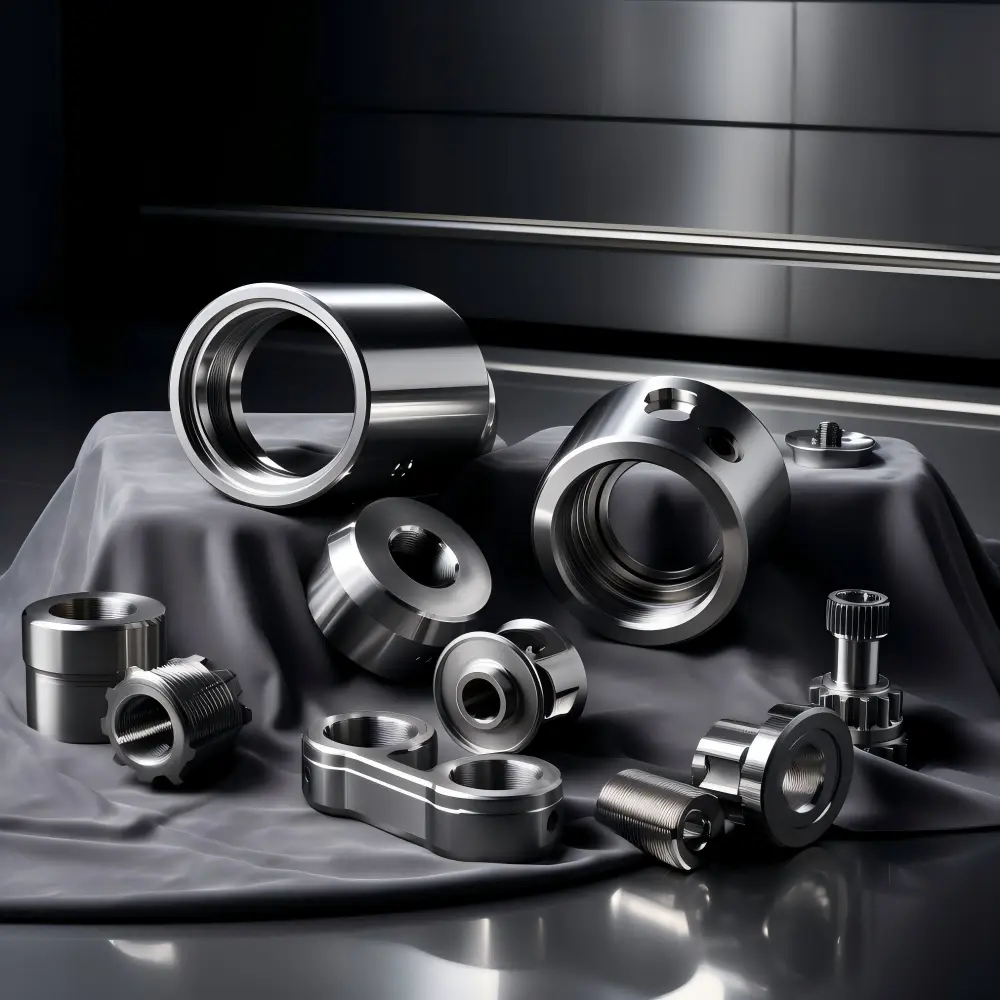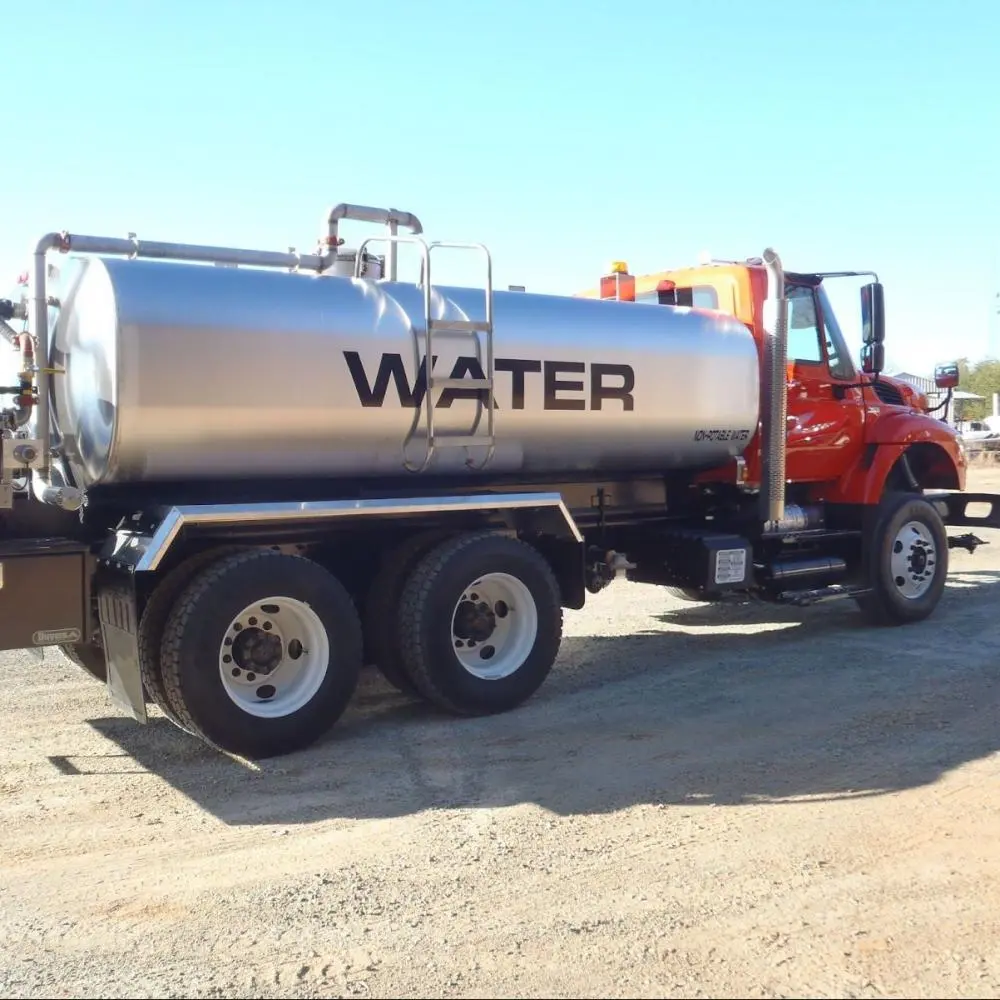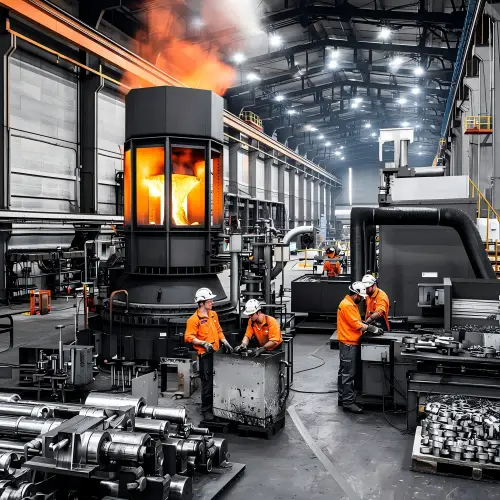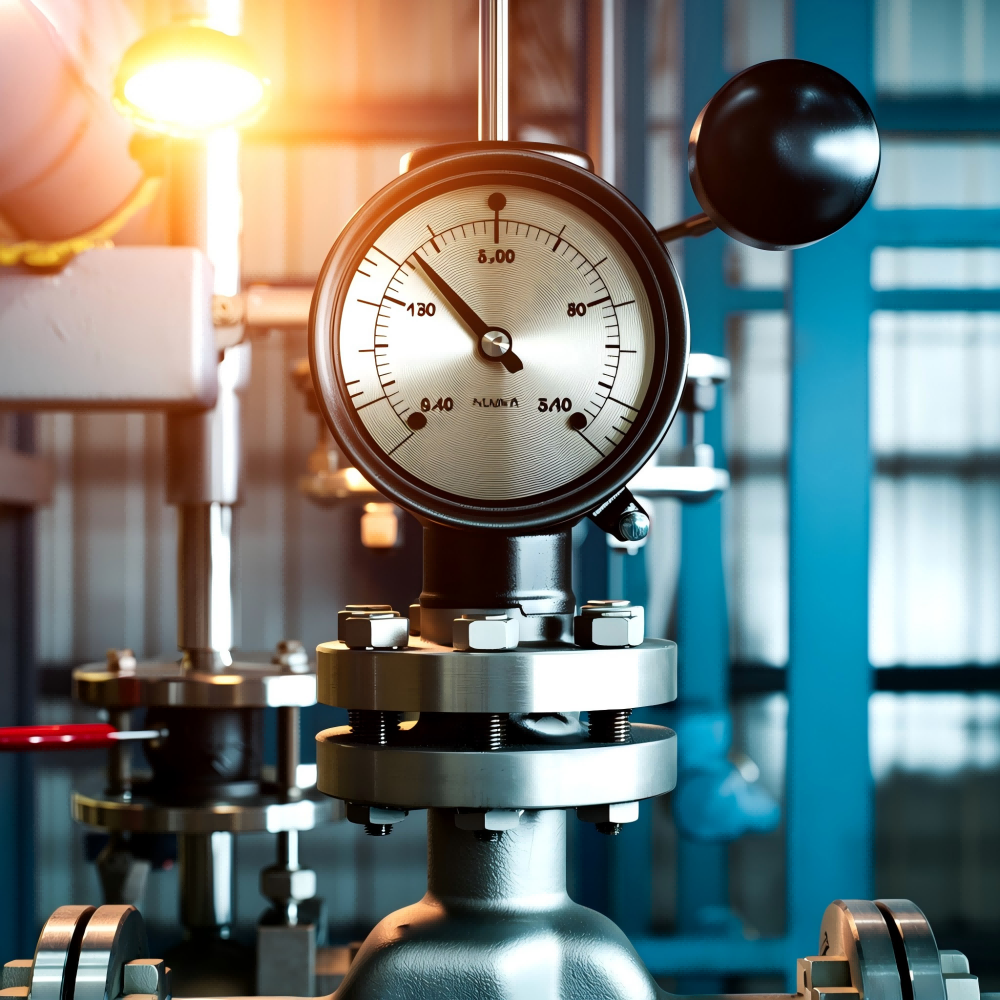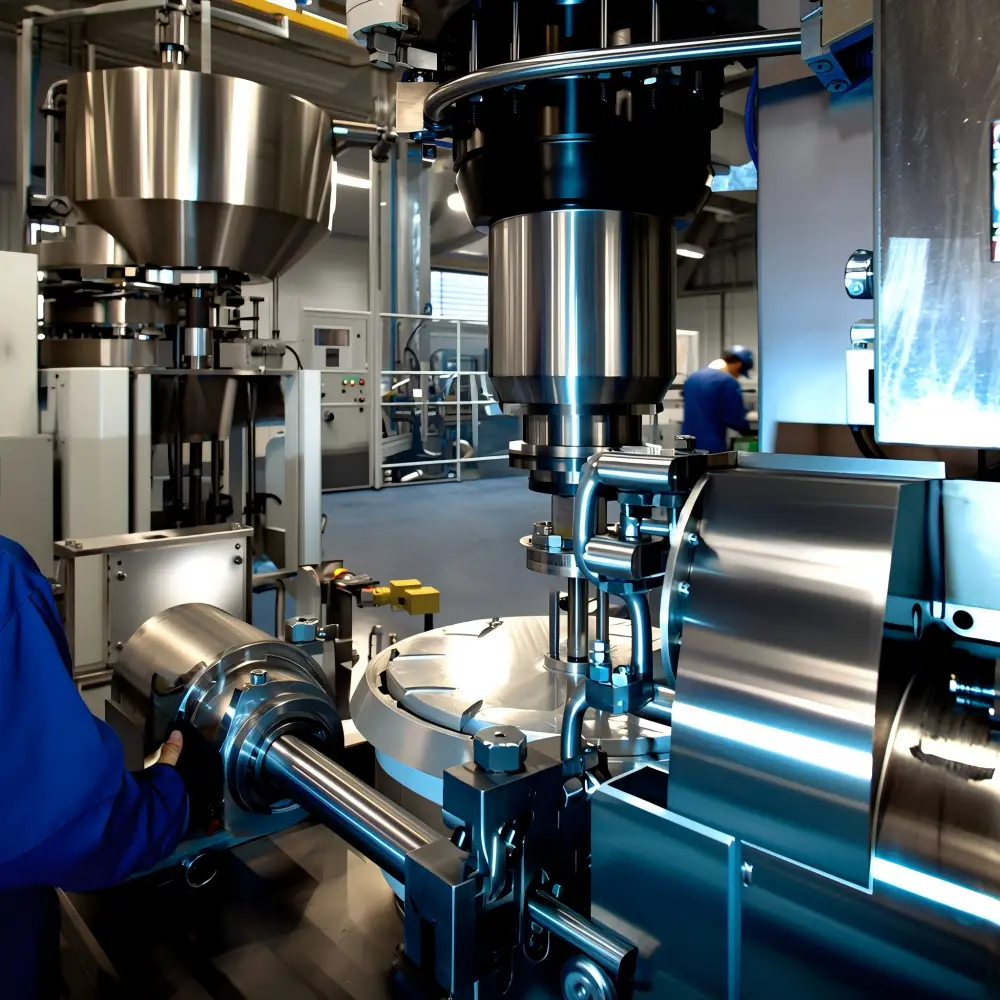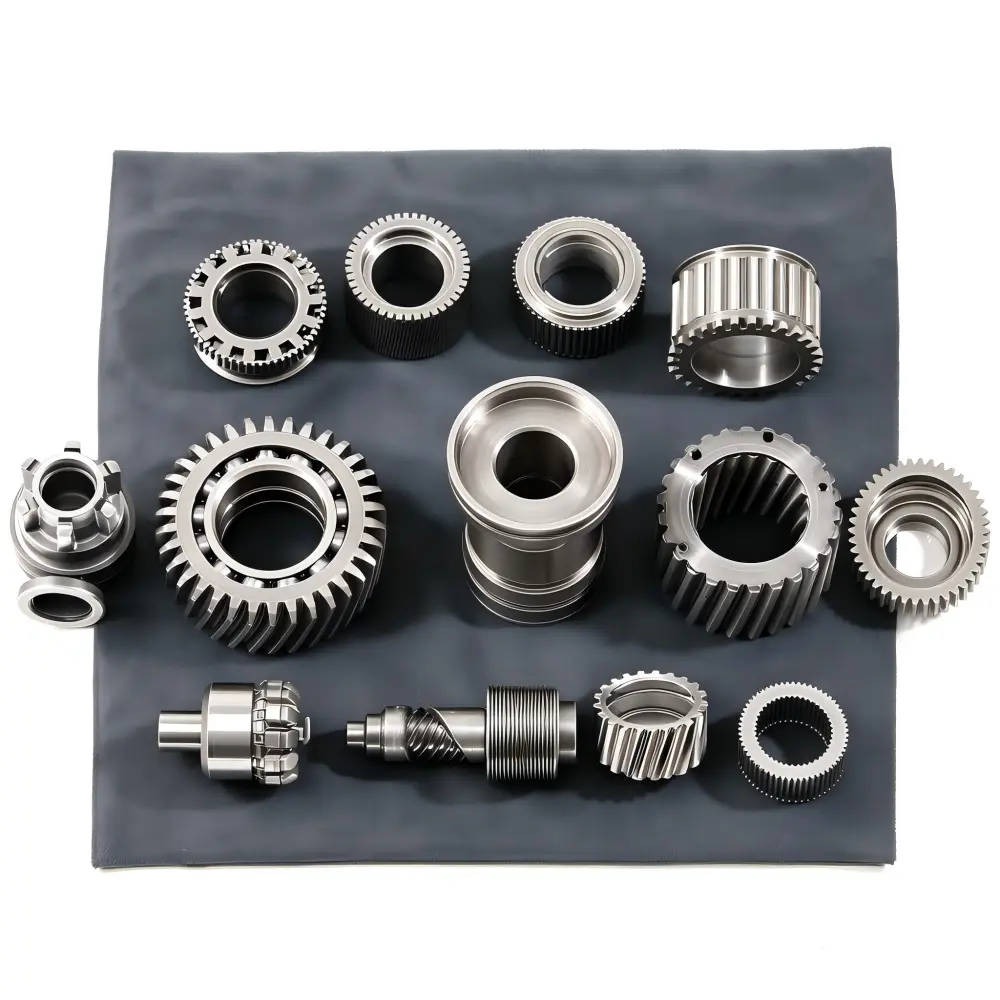Guide to Selecting the Best Precision Casting Service
Selecting the right precision casting service is crucial for your project's success. It ensures high-quality cast metal components, which directly impact product quality and cost-effectiveness. Precision casting machining can significantly streamline production by reducing the need for welding and mechanical fasteners. This not only cuts down assembly and inspection costs but also enhances the durability and performance of the final product. When making your decision, consider factors like the choice of casting materials, as they play a pivotal role in meeting industry standards, especially in sectors like aerospace and defense.
Understanding Precision Casting
Definition and Process
Precision casting, often referred to as investment casting, is a manufacturing process that allows you to create intricate and detailed metal components. This method involves creating a wax model of the desired part, which is then coated with a ceramic material to form a mold. Once the ceramic hardens, the wax is melted away, leaving a cavity into which molten metal is poured. After cooling, the ceramic shell is broken away, revealing the finished product. This process is highly valued for its ability to produce components with excellent surface finishes and precise dimensions.
Significance in Various Industries
Precision Casting plays a crucial role in several industries due to its ability to produce complex parts with high accuracy. Here are some key sectors where precision casting is indispensable:
Automotive
In the automotive industry, precision casting is essential for manufacturing components that require high strength and durability. Parts such as engine blocks, transmission components, and suspension systems benefit from the precision and reliability offered by this casting method. The ability to produce lightweight yet strong parts helps improve vehicle performance and fuel efficiency.
Aerospace
The aerospace sector relies heavily on precision casting for producing critical components like turbine blades, engine parts, and structural elements. These parts must meet stringent performance standards and withstand extreme conditions. Precision casting provides the necessary mechanical properties and reliability, making it a preferred choice for aerospace applications. The process allows for the creation of complex geometries that are essential for optimizing aerodynamics and performance.
Medical Devices
In the medical field, precision casting is used to manufacture components for surgical instruments, implants, and diagnostic equipment. The process ensures that these parts meet the high standards of precision and biocompatibility required in medical applications. Investment Casting allows for the production of intricate designs that are crucial for the functionality and safety of medical devices. The versatility in material selection also enables the use of specialized alloys that enhance the performance and longevity of medical components.
Precision casting's ability to produce highly detailed and accurate parts makes it a valuable asset across various industries. By understanding the process and its applications, you can make informed decisions when selecting a precision casting service for your specific needs.
Key Factors in Choosing a Precision Casting Service Provider
Expertise and Experience
When selecting a precision casting service provider, you should prioritize expertise and experience. A company with a long history in the industry often delivers higher quality and more reliable products. For instance, Aero Metals boasts a team of experts who work directly with you to develop the most appropriate casting design for your project. Their extensive experience with complex geometries and hard-to-manufacture parts ensures that you receive a custom-fitted solution tailored to your needs. By choosing a provider with a proven track record, you can trust that they will meet your project's specifications and deliver exceptional results.
Technology and Equipment
Advanced technology and equipment play a crucial role in the precision Casting Process. utilize automated production technologies and advanced casting techniques to provide cost-efficient solutions without compromising quality. When evaluating a service provider, consider their investment in modern machinery and tools. This investment often translates to better precision, faster production times, and improved overall quality. By selecting a provider with state-of-the-art equipment, you ensure that your components meet the highest industry standards.
Quality Assurance and Certifications
Quality assurance and certifications are vital when choosing a precision casting service provider. You should look for companies that prioritize quality control measures and hold relevant certifications. for example, is committed to quality and on-time delivery, making them leaders in the investment casting industry. Certifications demonstrate a company's dedication to maintaining high standards and adhering to industry regulations. By selecting a provider with robust quality assurance processes, you can have confidence in the reliability and performance of your cast components.
Communication and Customer Service
Effective communication and exceptional customer service are vital when selecting a precision casting service provider. You need a partner who listens to your needs and provides clear, timely updates throughout the project. Companies like Aero Metals excel in this area by working directly with you to develop the most suitable casting design. Their team of experts ensures that every detail aligns with your specifications, offering a truly personalized experience.
When evaluating potential providers, consider the following aspects of their communication and customer service:
-
Responsiveness: A reliable provider responds promptly to your inquiries and concerns. This responsiveness indicates their commitment to your project's success and helps build trust.
-
Transparency: Look for companies that maintain transparency in their processes and pricing. Clear communication about timelines, costs, and potential challenges allows you to make informed decisions and avoid unexpected surprises.
-
Collaboration: Choose a provider that values collaboration and actively involves you in the decision-making process. This collaborative approach ensures that the final product meets your expectations and requirements.
-
Support: Assess the level of support offered by the provider. prioritize quality and on-time delivery, demonstrating their dedication to customer satisfaction. A provider that offers ongoing support and assistance can help address any issues that arise during or after production.
By prioritizing communication and customer service, you can establish a strong partnership with your precision casting service provider. This partnership will enhance the overall success of your project and ensure that your components meet the highest standards of quality and performance.
Precision Casting Machining and Comparison of Different Casting Methods
Precision casting machining offers a versatile approach to creating complex metal parts. You can choose from several casting methods, each with its own advantages and limitations. Understanding these methods helps you select the best one for your project.
Investment Casting
Investment casting, also known as lost-wax casting, is a popular method for producing intricate components.
Advantages
- High Precision: Investment casting provides excellent dimensional accuracy and surface finish. You can achieve complex geometries with minimal machining.
- Material Versatility: This method supports a wide range of alloys, allowing you to select materials that meet specific performance requirements.
- Reduced Waste: The process minimizes material waste, making it an environmentally friendly option.
Limitations
- Cost: Investment casting can be more expensive than other methods due to the detailed process and materials used.
- Size Constraints: Large parts may not be feasible with investment casting, limiting its application for certain projects.
Sand Casting
Sand casting is a traditional method that uses sand molds to create metal parts.
Advantages
- Cost-Effective: Sand casting is generally less expensive, making it suitable for large-scale production.
- Flexibility: You can use this method for a wide range of metals and alloys, offering flexibility in material choice.
- Size Capability: Sand casting accommodates larger parts, which is beneficial for industries like automotive and heavy machinery.
Limitations
- Surface Finish: The surface finish is typically rougher compared to investment casting, requiring additional machining.
- Dimensional Accuracy: Sand casting may not achieve the same level of precision as other methods, which can affect the final product's quality.
Die Casting
Die casting involves forcing molten metal into a mold cavity under high pressure.
Advantages
- High Production Rate: Die casting is ideal for mass production, offering rapid cycle times and consistent quality.
- Excellent Surface Finish: You can achieve smooth surfaces, reducing the need for post-processing.
- Strength and Durability: The process produces strong and durable parts, suitable for demanding applications.
Limitations
- Initial Cost: The setup cost for die casting can be high due to the need for specialized equipment and molds.
- Material Limitations: Die casting is primarily used for non-ferrous metals, which may limit material choices for certain projects.
By understanding the strengths and weaknesses of each casting method, you can make informed decisions about which process best suits your needs. Precision casting machining offers a range of options, allowing you to tailor your approach to achieve optimal results.
Benefits of Precision Casting
Precision casting offers numerous advantages that make it a preferred choice for manufacturing intricate metal components. Understanding these benefits can help you make informed decisions for your projects.
High Precision and Accuracy
Precision casting excels in delivering high precision and accuracy. This method allows you to produce parts with tight tolerances and intricate details. The process involves creating a wax model that captures every nuance of the design. When the molten metal fills the mold, it replicates the model with remarkable fidelity. This capability makes precision casting ideal for industries requiring exact specifications, such as aerospace and medical devices. You can achieve complex geometries without the need for costly secondary processes, ensuring that each component meets your precise requirements.
Cost-Effectiveness
While precision casting might initially seem more expensive than traditional methods, it offers long-term cost savings. The process reduces the need for additional machining and finishing, which lowers production costs. By minimizing material waste, precision casting also contributes to environmental sustainability. You can produce high-quality parts with fewer resources, making it a cost-effective solution for both low and high-volume production. The ability to create complex parts in a single step further enhances its economic efficiency, allowing you to optimize your manufacturing budget.
Versatility in Material and Design
Precision casting provides unparalleled versatility in both material selection and design possibilities. You can choose from a wide range of alloys to meet specific performance criteria. This flexibility allows you to tailor the material properties to suit your application's needs, whether it's strength, corrosion resistance, or thermal stability. Additionally, precision casting supports intricate designs that other methods might struggle to achieve. You can create components with complex inner cavities and smooth surface finishes, expanding the scope of your design capabilities. This versatility makes precision casting suitable for highly specialized industries and unique casting needs.
By leveraging the benefits of precision casting, you can enhance the quality and performance of your products. Whether you prioritize precision, cost-effectiveness, or design flexibility, precision casting offers a comprehensive solution to meet your manufacturing challenges.
Choosing the right precision casting service is crucial for your project's success. It ensures high-quality, durable components that meet your specific needs. To make an informed decision, consider these tips:
- Evaluate Expertise: Look for providers with proven experience in your industry.
- Assess Technology: Ensure they use advanced equipment for precision and efficiency.
- Check Certifications: Verify their quality assurance processes and certifications.
- Prioritize Communication: Choose a provider with excellent customer service.
"Precision casting creates quality, complex castings," says Precision Casting Expert. Evaluate your options carefully to ensure the best outcomes for your projects.
Ningbo Pingheng Machinery Co., Ltd (www.phcasting.com) is a comprehensive manufacturing factory integrating precision casting and machining, and has passed the IATF16949 system authentication, and exists business supporting with many famous enterprises.
See Also
Exploring The Precision Casting Method And Its Advantages
Discovering The Advantages Of Precision Casting Techniques
A Comprehensive Guide To Silicon Bronze Casting Suppliers






